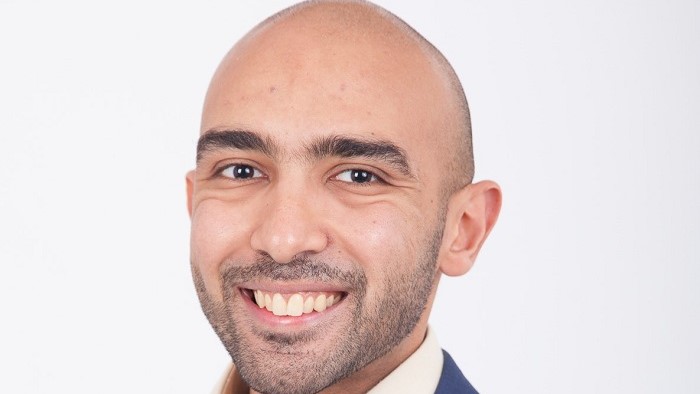My MAP internship with Evonik
I started my internship at Evonik in July 2021. During my internship, I had to work on three challenging projects. The skills I acquired from the Elite Graduate Program "Advanced Materials and Processes" (MAP) were very useful and contributed to the success of the internship.
Why I joined MAP
A dream I had before coming to Germany to join MAP was to work in the field of chemical process simulation and optimisation. This is a field I was very much in love with. Before joining MAP, as always when I embark on a new journey in life, I had my doubts whether the program was the best choice for me. However, the interdisciplinary nature of MAP, the fact that it is international, and its “elite” status were all factors that led me to my decision to join the program – a decision for which I am now very grateful.

How I got to know Evonik
I first got to know Evonik in one of the soft skills courses we were offered as MAP students by Dr. Andreas Hoff, Senior Vice President of Evonik’s process technology and engineering department, who is also a member of the MAP advisory board. Evonik is one of the world’s leading specialty chemicals companies. I became very interested in Evonik and decided to apply for an internship. A few months later, I was invited for an interview and finally started my six-month internship at Evonik in the process simulation team in July 2021.
How MAP contributed to the internship
My experience at Evonik was amazing. I got the opportunity to work on three challenging projects, one of which was a particularly difficult research project. My task was to model the phase separation of a three-phase mixed solvent electrolyte system in the polymer production process. The project was unchartered territory for the Evonik team and we had to discover together how we can complete it successfully. I can definitely say that the courses in MAP helped, especially that I specialized in “Advanced Processes” and “Computational Materials Science and Process Simulation” for my Focal Subjects. What I believe has helped me the most, though, is the skill of learning how to learn. Our academic education in MAP prepares us to deal with complex scientific concepts by learning how to find, understand, and analyse scientific literature. The fact that I also encountered many different subjects in MAP that I previously had little contact with made me more confident when tackling new problems.
After the internship
In the end, my internship was very successful. And due to this success, I was also offered a master’s thesis at Evonik in the field of modelling carbon dioxide capture by amines. Such work had always been a dream of mine before coming to Germany, and I am very grateful for having the opportunity to pursue it.
Text: Omar Zeair, student of the Elite Graduate Program “Advanced Materials and Processes” (MAP)

